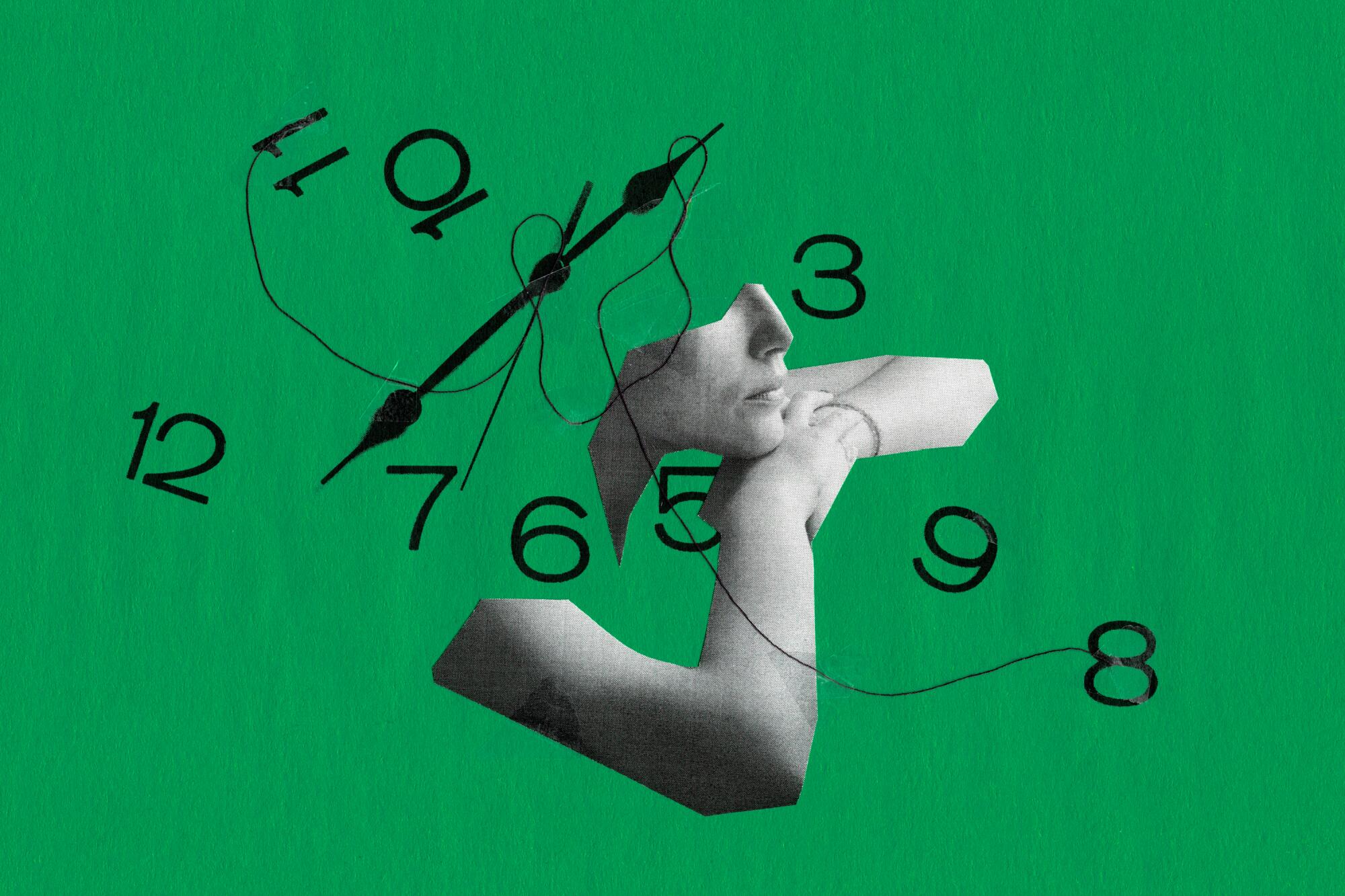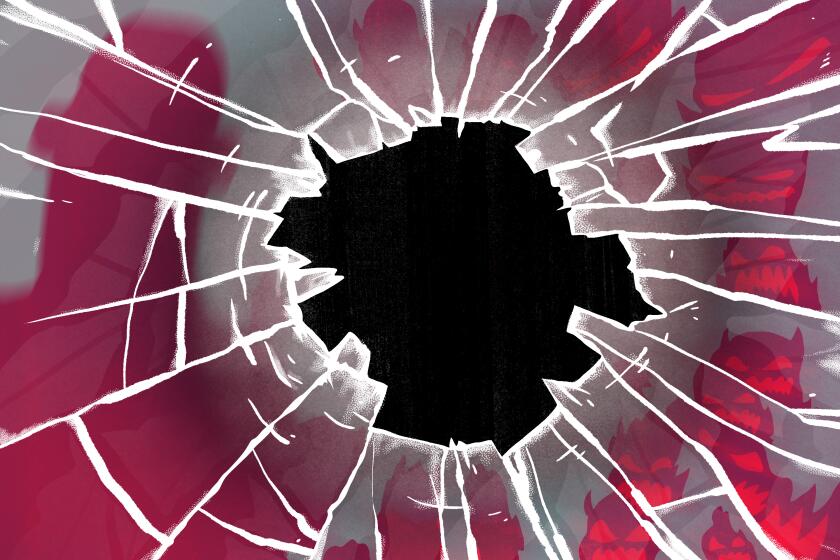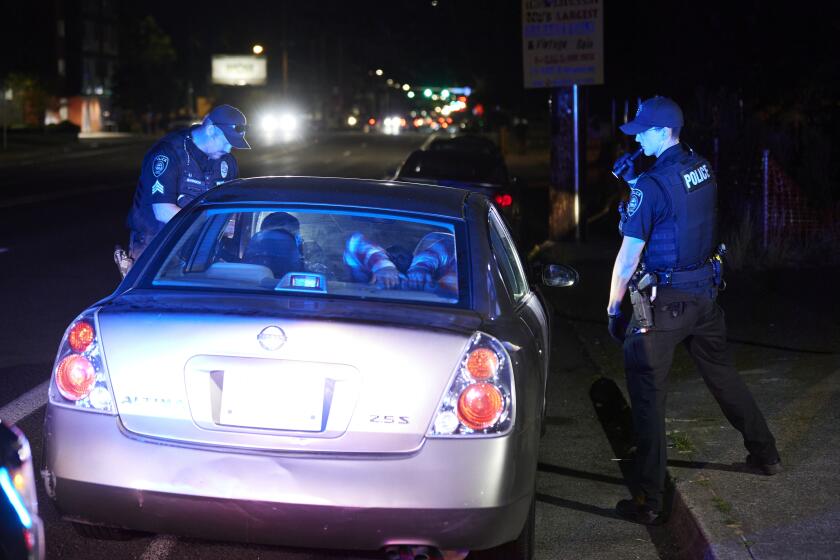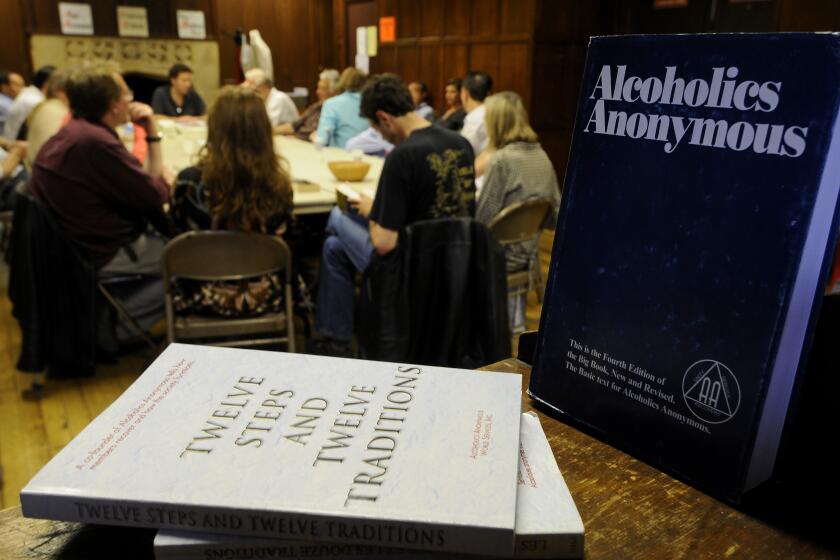
- Share via
When I was on meth, I was busy. Very busy. There was gardening to do, color-coding the closet, taking apart doorknobs, trying to put doorknobs back together and trips to Home Depot at 3 a.m. to look at light fixtures and nails. I had things to do, and whatever I was doing I was very interested in. Until I wasn’t, leaving the bathroom doorknob on the floor and moving on to some other project.
Time on meth is very different from time with no meth.
No more gardening or trips to Home Depot. Everything stops. Imagine. You’ve been busy not sleeping, not eating, not living in real time for a decade. Then one day you stop. How do you live?
The late “Friends” star was famous for his mighty struggle with addiction. His honesty should change how we talk about sobriety and relapse, regardless of how he died.
For example, it’s 10 p.m. and you brush your teeth and wash your face, you get ready for bed. Yes, bed. Then, you take it a step further and get into bed. At 10 p.m. It’s dark out. The birds are not singing and the sun is not up. Which is how it’s supposed to be when people go to bed. You turn off your light and lie there.
After a decade of not sleeping, sleep feels good. Really good. So you sleep for 24 hours. Then another 24 hours, then another. After 3½ days you’re hungry.
Hungry. After a decade of not eating you are very hungry. So you go to IHOP and order breakfast, lunch and dinner. Then you don’t feel so good but that’s OK, you’re used to not feeling good. A decade of meth will do that to you.
Our son has schizoaffective disorder with depressive episodes. He was arrested in L.A. for breaking windows, jailed, found competent and released pending a court date. Things did not go well.
So you’ve slept, eaten and now, well, you could sleep some more. So you do. For another couple of days and you think to yourself, I can do this. I can do this living sober thing.
Now, it’s week two. Now, when you go to sleep you no longer need 72 hours, so you do what normal people do and you wake up in the morning. And now, at week two, things get real.
You’ve woken up and it’s time to get up, get out of bed. You think about the day ahead. It’s overwhelming. It’s scary. And you’re depressed. Really depressed. After a decade of meth there is no dopamine left in your body.
Op-Ed: It wasn’t luck that allowed me to become a judge after meth addiction. It was white privilege
The criminal justice system gave me second and third chances because of my skin color.
You try to go back to sleep. But you can’t. So you get up. Open the curtains. Which means you closed the curtains the night before. When was the last time you closed and then opened your curtains? You stand there, looking out the window with the curtains open. Then you close them and open them again. The birds are singing. You start crying.
Everything is overwhelming. Going to bed. Getting up. Closing the curtains. Opening the curtains. Standing at the window looking out and now the birds, it’s all too much. You can’t do it. You’re exhausted.
Coffee.
That’s a good idea. You think: I can do this sobriety thing. A cup of coffee sounds good. But there is no coffee. There is not even a coffee maker because of the meth.
Now, it’s next level — time to get dressed and go to the store. Black-belt sobriety. This is deliberate. A choice. The store. Coffee.
Avoid asking a people at a party why they’re not drinking, and understand that the holidays can trigger pain and loneliness in people with addiction.
You’re seized with anxiety. You decide you can’t, so you don’t, and you force yourself back to bed because getting dressed, going to the store, it’s all too much.
Fast forward to later when you have dressed and made it down the street to Ralphs. Entering is another whole thing. But let’s fast forward again and say you have gone in and you have a handheld basket and there are 14 aisles. And the only aisle visible is the wine aisle. And even though meth was your thing, alcohol was part of it too.
Things get blurry. You feel dizzy. Your heart is thumping, palms sweaty. You put down the basket and walk out of the store. You faint. You come to and you’re sitting on the steps in front of Ralphs with some nice lady rubbing your back and handing you a bottle of water.
Now, as drained as you are, you feel you have survived the worst, so you get up and stand brave and head back into the store. But you realize you’re pushing it. And it’s OK. So you go home, and it already feels like a day. You look at the clock. 11:10 a.m.
You’re exhausted. It’s only day eight at 11:10 a.m. How are you going to get through this day?
It’s unbearable, but somehow you do. And you do it again and again and again. And each day you add something in. And some days you don’t. Some days you may not even get out of bed.
But then the next day you have made it to Ralphs and there’s coffee in your basket and a can of soup. Lentils. You love lentils. Maybe you even have some crackers and a banana.
Some days, even with years of sobriety, you have to go back to basics. Open the curtains, look out the window, listen to the birds, make a cup of coffee.
Hannah Sward is a writer living in Los Angeles. She is the award-winning author of “Strip: A Memoir.”
More to Read
A cure for the common opinion
Get thought-provoking perspectives with our weekly newsletter.
You may occasionally receive promotional content from the Los Angeles Times.














